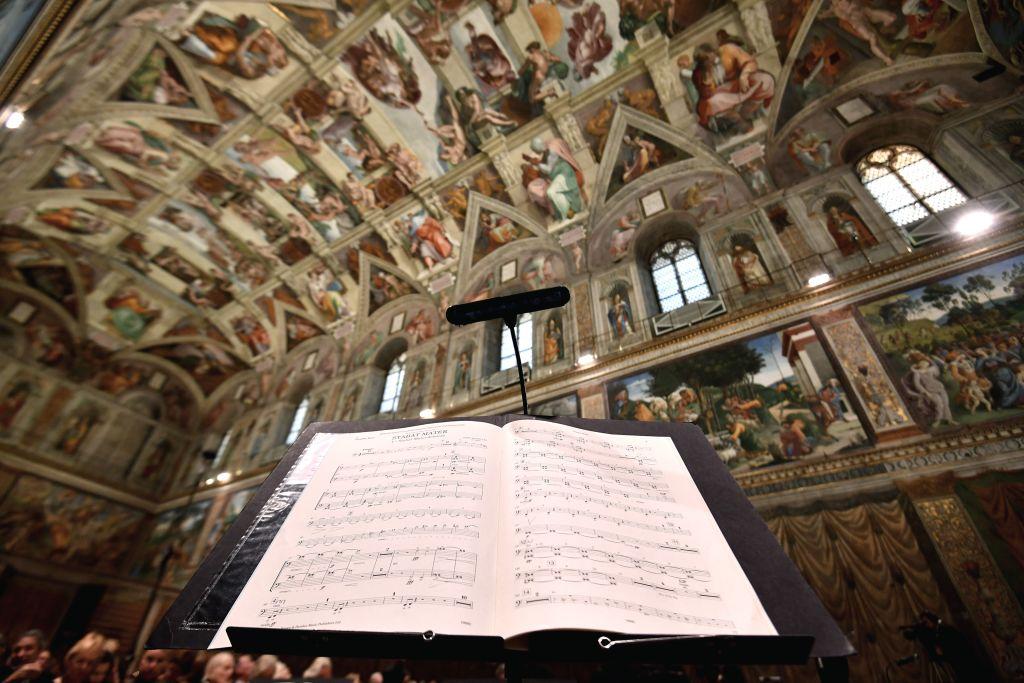Commentary
I can vividly remember the afternoon of my university graduation ceremony, not least of all because I got lost on the way to pick up my academic robes.

I can vividly remember the afternoon of my university graduation ceremony, not least of all because I got lost on the way to pick up my academic robes.